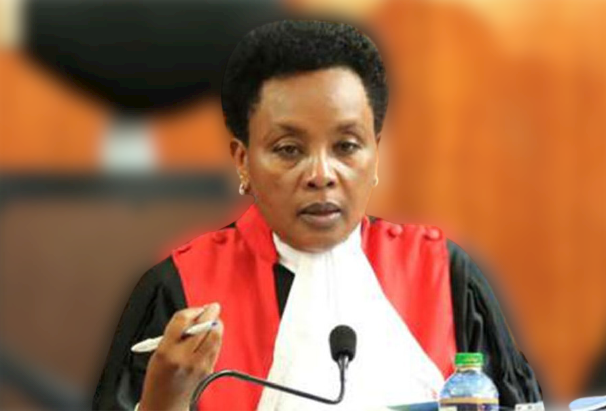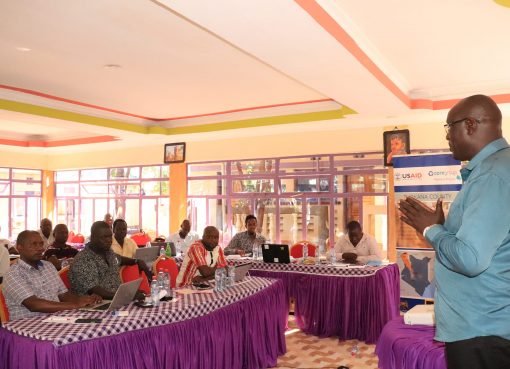The Deputy Chief Justice (DCJ), Philomena Mwilu, has encouraged every state organ in the country to lead the fight against corruption and to get rid of its negative impacts on the Kenyan people.
Mwilu was speaking at the Kenya School of Government (KSG), during the commemoration of this year’s Leadership and Integrity Congress International Anti-corruption Day themed: ‘Restoring Trust, Reviving Kenya’s Economy’ organized by the Institute of Certified Public Accountants of Kenya (ICPAK) and KSG.
The DCJ lauded ICPAK and KSG for providing this platform through which the Country, in a combined struggle, can reflect, strategize, and reiterate its commitment to tackling corruption for the benefit of both current and future generations.
“The scourge of corruption has a wide range of corrosive effects on society including undermining democracy, fomenting violations of human rights, accelerating economic decline, eroding the quality of life, and allowing threats to human security to flourish,” she said.
Mwilu further added that corruption tends to affect the underprivileged disproportionately as it diverts funds intended for development thereby undermining the Government’s ability to provide basic services which increases inequality and injustice.
She likened corruption to a key element in economic underperformance and a major obstacle to poverty alleviation and development that forms part of wider networks of criminality with links between the practice and other forms of crime such as organized and economic crime.
“It is a transnational phenomenon that affects all societies and economies, making international co-operation to prevent and control it essential,” she reiterated.
Despite Kenya being the first country to sign and ratify the United Nations Convention Against Corruption in 2003, the DCJ noted that the scourge of corruption across the country’s public and private sectors remains an acute challenge to its development and democracy.
“We are equally aware of the debilitating manifestations of corruption within, and its effects on, the Judiciary, nevertheless our courts, founded on the principle of the rule of law, have a central role to play in combating this vice within the public sector and the society at large,” she stated.
She emphasized that the courts, under the supremacy of the Constitution, promote the rule of law through safeguarding and enhancing the universality, predictability, non-retroactivity, accuracy, unambiguity, practicability, constancy, and consistency in the application of the laws and regulations by all within the Republic and across all state organs.
The DCJ expressed confidence from the significant progress made by the judiciary in securing the structural framework for a competent, independent, and professional Judiciary on top of its independence, transparency, competency-based recruitment, objective disciplinary frameworks, and security of tenure that has built, cultivated, and will continuously protect the public’s trust and confidence in the integrity of the institution.
She added that with regard to the ‘internal’ rule of law for the Judiciary to maintain public confidence, judges and judicial officers must be subjected to precepts of individual, institutional, content, process, performance, and probity accountability and transparency.
“As the Judiciary continues assiduously working towards improving and strengthening its accountability and transparency mechanisms and systems, it is important for all state organs to engender public confidence in the institution and reaffirm our collective belief in the rule of law, in the fair, impartial, and objective administration of justice including corruption matters,” she stressed.
The DCJ insisted that more can be done and more must be done within the Judiciary to improve the speed at which all cases are determined, more so corruption matters as she called upon the enhancement of inter-institutional networks and multi-stakeholder approaches in effectively addressing corruption
“All the institutional actors and stakeholders, both in the private and public sectors, must collaborate in a meaningful and purposive manner based on mutual understandings, exchange of ideas, and common approaches to challenges which comprises a crucial component that any cogent and comprehensive anti-corruption strategy must employ,” she urged.
By Michael Omondi





